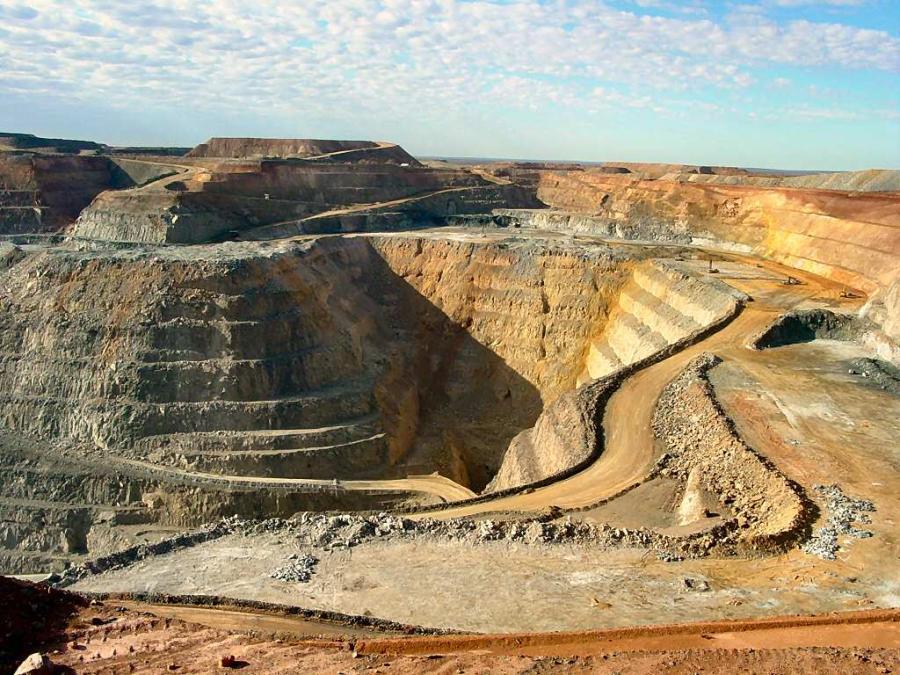
[Translation] The initiative still needs to be effectively approved by the Chamber of Deputies and the Senate of the Republic. That battle will not be easy, as mining interests have enormous resources and many allies.
Mining is one of the most destructive activities imaginable. At worst it is directly the removal of everything on top of a piece of land to extract the minerals underneath. At best it is a low-impact activity carried out by small-scale gambusinos, but it generates highly toxic waste when washing the minerals, demands a lot of water and is often associated with high levels of violence. Mexico's current mining legislation was essentially adopted during the Salinas administration and bears their stamp. Now, at last, the government of Andrés Manuel López Obrador has decided to put an end to this harmful regime and to present a very welcome reform initiative on the matter.
Two features show how terrible the mining regime inherited from the government of Carlos Salinas de Gortari was. On the one hand, mining was considered to be "of national utility" and therefore took precedence over any other land use, be it conservation -in fact, there are mining concessions in almost half of the country's protected natural areas-, agriculture or simple habitation. On the other hand, mining concessions were granted for half a century or more without considering either the social or environmental conditions of the surroundings, with the impacts that this had both in social terms and in terms of water availability, for example.
During this six-year term, no new mining concessions had been granted and many of the old ones had been allowed to expire, so that the percentage of the national surface area under concession for extractive activities dropped from almost 11 percent to just under 9 percent, according to the Secretary of the Environment and Natural Resources, María Luisa Albores. To make this policy sustainable, however, substantial changes to the legislation were needed, which were long overdue and did not appear to be forthcoming until last week.
Civil society organizations that have promoted changes to the mining legislation during this six-year term, grouped in the #CambiémoslaYa Collective, have already expressed their approval of many aspects of the law. They emphasize, among others, that mining is no longer considered a public utility, that the granting of concessions is conditioned to the availability of water, that the rights of social and private owners and of indigenous and Afro-descendant peoples and communities are respected, and that the implementation of damage mitigation and environmental restoration programs is guaranteed by means of letters of credit. However, there is still a long way to go.
First of all, the initiative must be effectively approved by the Chamber of Deputies and the Senate of the Republic. This battle will not be easy, as mining interests have enormous resources and many allies in the Congress of the Union. Furthermore, once the law reform initiative is approved, it remains to be seen how the regulations will be drafted and it will be necessary to ensure that the concessions are actually granted in accordance with the relevant legislation.
On the other hand, improvements to the law in no way guarantee that extractive activities will be carried out without harm to communities or the environment. For example, a 2014 study estimated that almost 10 percent of Mexican gold was extracted illegally, and it does not appear that the situation has improved in recent years. Measures as relevant as this initiative will have to be accompanied by a real effort to curb organized crime.
In any case, this is great news and remedies a particularly painful pending issue for environmental defenders who have often given their lives against mining companies, as well as for local communities and rural inhabitants who have seen their rivers and fields poisoned by the mines. The fourth transformation is finally shaping up to settle one of its most notable debts.

Eugenio Fernández Vázquez - Environmental consultant at the Center for Environmental Specialists and Management.
